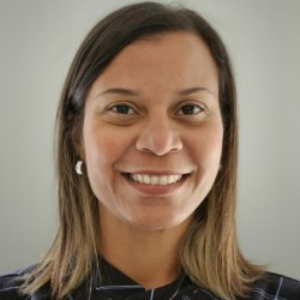Vestibular Research
Vestibular research, a captivating realm within the field of neuroscience, delves into the intricacies of the vestibular system the sensory apparatus responsible for our sense of balance and spatial orientation. Researchers worldwide are tirelessly investigating the physiological and anatomical aspects of this system, seeking to unravel its mysteries and gain a deeper understanding of its impact on human health. From the complexities of inner ear mechanics to the neural pathways connecting the vestibular system to the brain, the ongoing studies in vestibular research are shedding light on various facets of human physiology. Scientists are exploring the role of the vestibular system not only in maintaining balance but also in influencing cognitive functions, such as spatial memory and navigation.
This interdisciplinary approach is fostering breakthroughs that extend beyond traditional neurological boundaries. The implications of vestibular research are vast, holding promise for advancements in healthcare, rehabilitation, and technology. Insights gained from these studies have the potential to shape treatments for balance disorders, inform the development of innovative therapies, and contribute to our broader understanding of sensory integration. As vestibular research continues to evolve, the collaborative efforts of scientists worldwide are paving the way for transformative discoveries that will impact both clinical practices and our fundamental comprehension of the human sensory experience.

Jay Spector
American Academy of Podiatric Sports Medicine (AAPSM), United States
Marcia J Scherer
Institute for Matching Person and Technology, United States
Marcos Brioschi
American Academy of Thermology, United States
Ady M Correa
University of Miami, United States
Blair Gorenberg
Shirley Ryan Abilitylab, United States
Roberta Sartori
IRCCS Materno-Infanitle Burlo Garofolo, Italy




Title : Best practice guidelines for the use of pharmacological neuromodulation in disorders of diminished motivation: A comprehensive approach
Vaidya Balasubramaniam, Illawarra and Shoalhaven Local Health District Hospitals, Australia
Title : A forgotten component of knee osteoarthritis
Ron Blehm, EEI Physio LLC, United States
Title : Functional outcomes of DSSA-Based pelvic rehabilitation combined with manual therapy and electrostimulation in men after oncologic surgery: A retrospective case series
Eren Uyar, Fizyomen Physiotherapy & Rehabilitation Center, Turkey
Title : We are living and working in the age of individualization
Marcia J Scherer, Institute for Matching Person and Technology, United States
Title : Efficacy of Inspiratory Muscle Training (IMT) in post-weaning ICU recovery: A clinical randomized controlled trial
Warda Khan, Chongqing Medical University, Pakistan
Title :
Subramanya Adiga, Middlemore Hospital, New Zealand